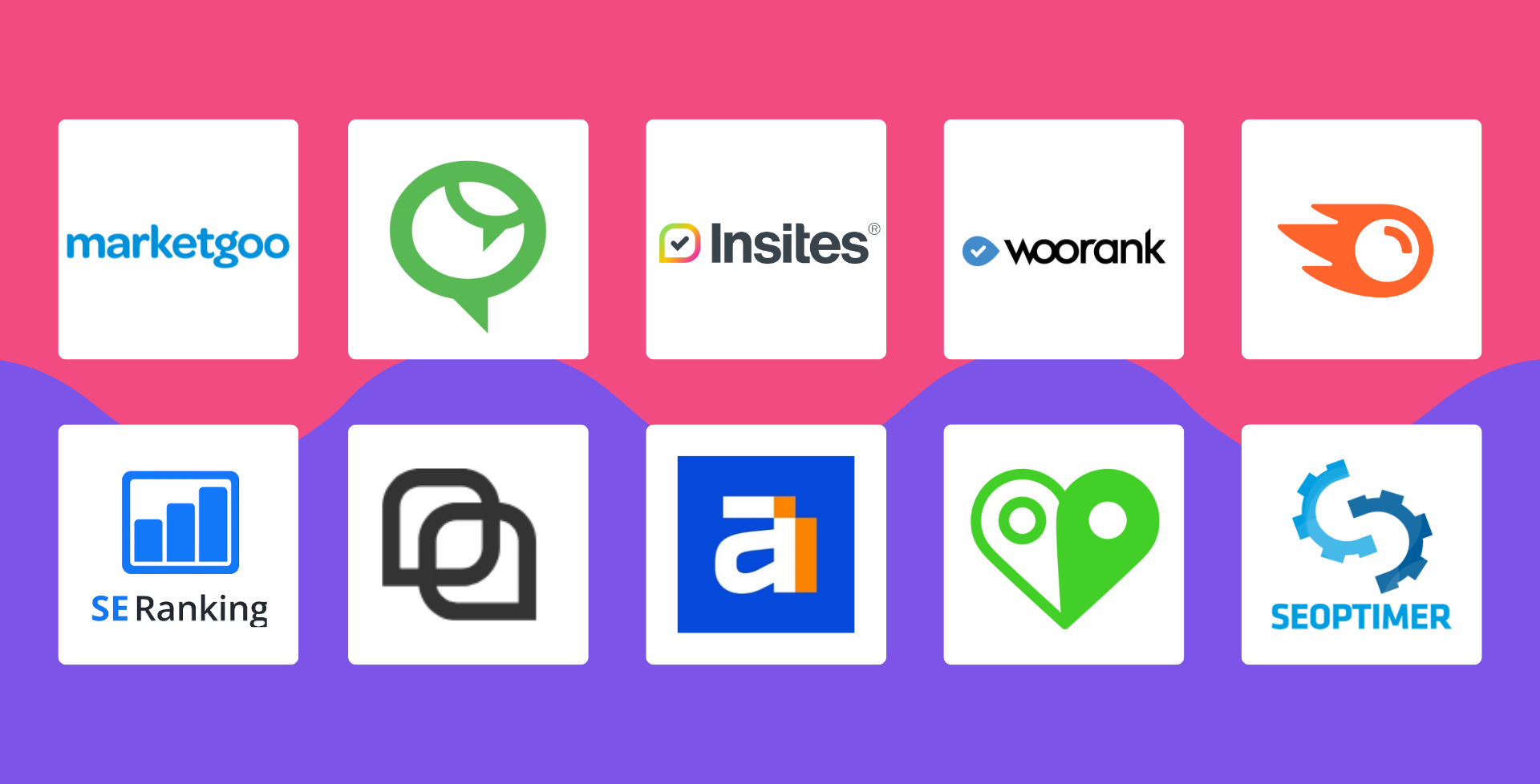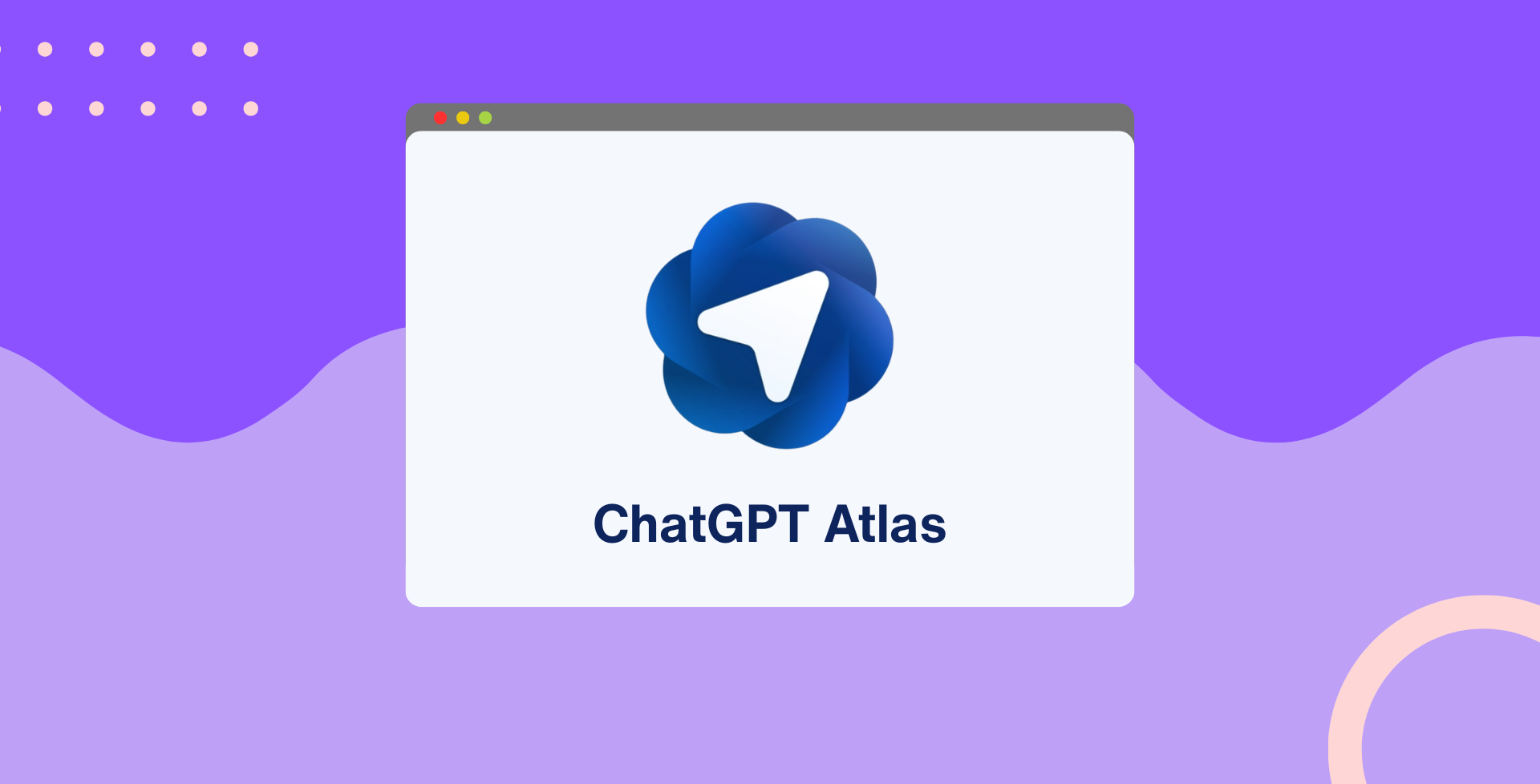Small business? Or working with one? Understanding Local SEO is the difference between getting you or your client’s local business seen (or not!) in the local area.
Local SEO enables business’s to be found locally on search engines, so that the next time someone googles ‘nail salon near me’, or ‘plumber in Manchester’, you or your client’s business are more likely to be found.
So, what exactly is Local SEO, and why is it important?
What is local SEO?
Local SEO is, simply, the strategy of aligning your local businesses’s online presence with your customer’s location.
For example, an Manchester-based fencing company wouldn’t want to be turning up in the search results for folks in London.
So when focusing on improving your local SEO, we’re talking about the tactics you can use to improve visibility on search engines like Google, Bing and Yahoo.
What is the importance of local SEO?
The TL;DR version of this list is that there are 5 key reasons why local SEO is important; increased visibility, targeted traffic, competitive advantage, visibility on mobile searches, and trust and credibility.
But there’s much more to this than just the headline statements, so we’ve broken them down for you below.
- Increased visibility
Local SEO helps small businesses appear in the right area when potential customers are searching for local products and services.
By mastering local SEO tactics, businesses can increase digital traffic (website visits) and even foot traffic winning them more customers. - Targeted traffic
SEO is a broad term and often refers to putting your product or service offering in front of the right potential customers.
But small businesses may work on their overall SEO and see no uptake in conversion. Why? Because local SEO tactics combines general SEO efforts with specific, location-based optimisation. Helping you to answer the ‘best salon near me’ or ‘plumber in Manchester’ and rank higher. - Outrank your competitors
Local SEO isn’t just for those ‘near me’ searches either. It also helps small businesses compete with the big corporations that may be just up the road and selling the same things.
But they’re SEO strategy is generic. Local businesses can harness the power of local SEO to increase their visibility, promote that they’re a small business, and sell to customers who would otherwise have gone to that big corporation had they not known about the SMB alternative down the road. - Mobile searches
Think about how often you use your phone to search for local businesses. Then think about when you’d use it. We all so often search on the go when it comes to finding restaurants, businesses that sell just that thing you’re looking for, or even when purposely looking for an small business to support.
Local SEO helps small businesses be found when we’re doing our out and about searching. - Trust and credibility
People trust businesses that show up regularly, maintain accurate business information and have positive reviews.
So optimising local SEO will help you get new customers to your small business and maybe an extra review or two to boot.
How to optimise your site with local SEO
Google My Business
Whether you’re already using Google My Business, or you’ve had it for years but haven’t updated it, it’s time to review this foundational element of local SEO.
Optimising your Google My Business profile includes making sure you have accurate business information such as name, address and phone number. But more so, make sure to add your business hours and categories – this will increase engagement from potential customers.
Using old photos on your profile? It’s time to update them! Relevant photos help your customers find you.
And last but not least, reviews are key when it comes to your GMB page. Positive reviews (stat) make people buy, so make sure you’re not only encouraging people to leave one, but that you also respond and engage.
Local citations
A local citation is any online mention of your business’s name, address, and phone number. These citations can occur on local business directories, review sites, social platforms, and other websites. Consistency and accuracy across these citations are essential for improving local search rankings.
Local keywords
Already using keywords? Great, but are you using location-specific keywords within your site content? These keywords should reflect where your target audience either lives (i.e. where you service) or where they are (i.e. on the go searching).
Online reviews
Positive reviews not only influence potential customers but also signal to search engines that your business is reputable and trustworthy.
Make sure to encourage your satisfied customers to leave reviews on platforms like Google, Yell, and Facebook as these can boost your local search rankings and persuade prospective customers to choose you over an alternative.
Local link building
Okay, so this is where it can get a bit more complicated. But nonetheless, it’s important for local SEO.
Building high-quality backlinks from local websites and directories can improve your site’s authority and relevance when it comes to local searches.
Backlinks could include collaborations with local organisations, sponsoring local events or teams, and participating in community initiatives like charities or local marathons.
Check how your local SEO is stacking up
Save time and sanity when understanding and auditing your local SEO scores with free SEO reports.
 Runs in 60 seconds
Runs in 60 seconds
 Free forever
Free forever
 Make sense of your local SEO
Make sense of your local SEO
 Find out how to improve it
Find out how to improve it
Happy auditing!
 The Insites Team
The Insites Team


























